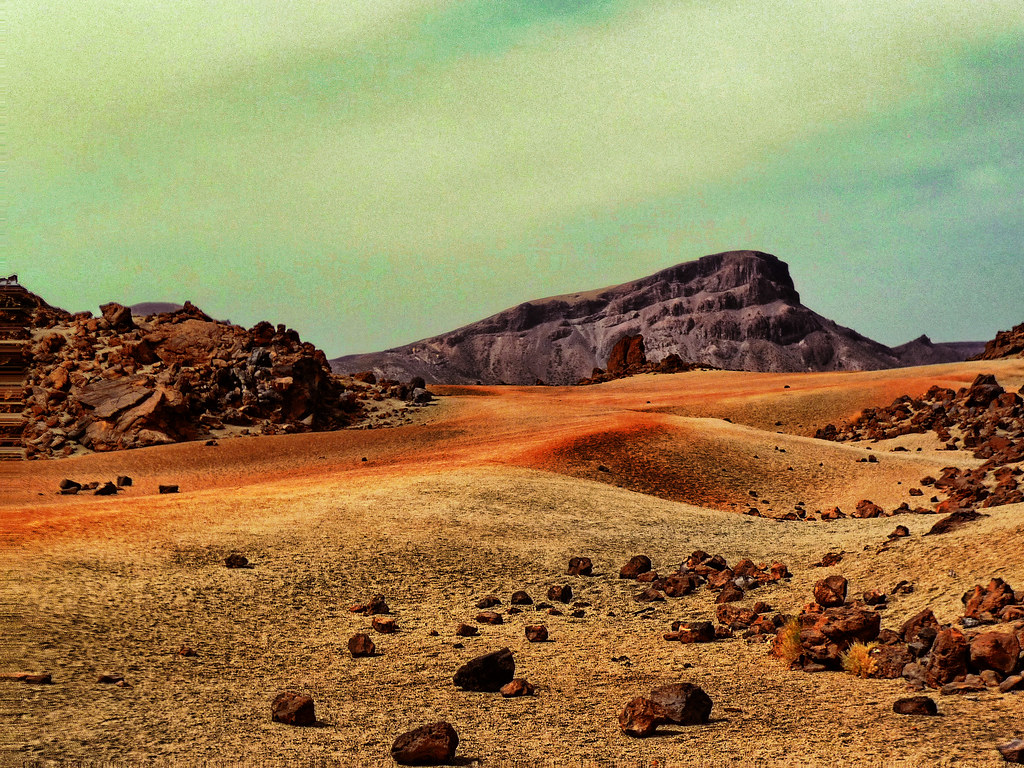When the recent heat wave hit the US, the sudden increase in temperatures left people shocked. However, record breaking temperatures aren’t the only weather related phenomenon recently. In reality, it’s just the beginning.
Hurricanes and floods have been tormenting the coast for the past year, and the two recent hurricanes that hit opposite sides of the US have only drawn further attention to the issue of extreme weather. As people have been searching for answer to explain this ugly phenomenon, in hopes of finding ways to cope with these threats, a common theme has emerged.
Temperatures have been above average all year, making it one of the hottest years on record. The increase in temperature has resulted in the evaporation of more water and a rise in ocean temperatures. The evaporated water eventually returns to earth as rain and warm bodies of water are the perfect opportunity for hurricanes to form.
California significantly felt the consequences starting in December of 2022 and leading well into March this year. Due to heavy rains, communities were flooded and thousands were evacuated. California took another hit in August as Hurricane Hillary tore through the west coast. A few days later, hurricane Idalia swept through Georgia and the Carolinas, destroying even more homes and businesses.
While the hurricanes had a major impact on us on the coast, they also had a consequential impact on sea life within the ocean itself. Many starfish, urchins, and other sea life were displaced and their habitats were destroyed. For many days after the hurricanes, sea life was found washed up on beaches, many of them dead. The impact of dying food chains and unstable ecosystems cannot be easily quantified.
The United Nations secretary general, Antonio Guterres said,“Floods, droughts, heatwaves, extreme storms and wildfires are going from bad to worse, breaking records with alarming frequency. There is nothing natural about the new scale of these disasters. They are the price of humanity’s fossil fuel addiction.”
Thus, these recent storms may only be the beginning. If our planet continues to warm up, droughts will last longer, fires will rage across the world, and severe storms will be almost twice as destructive and happen more frequently. More habitats could be destroyed and even more lives lost, both human and animal.
Although we can’t undo what we’ve already done to our planet, there are so many many ways we, as students, can stop the problem from getting worse. Carpooling with friends, biking, walking, or using public transport are great ways to help decrease fossil fuel use. You can also help within our community by participating in volunteer work like cleanups and by joining SHS’s environmental club.























